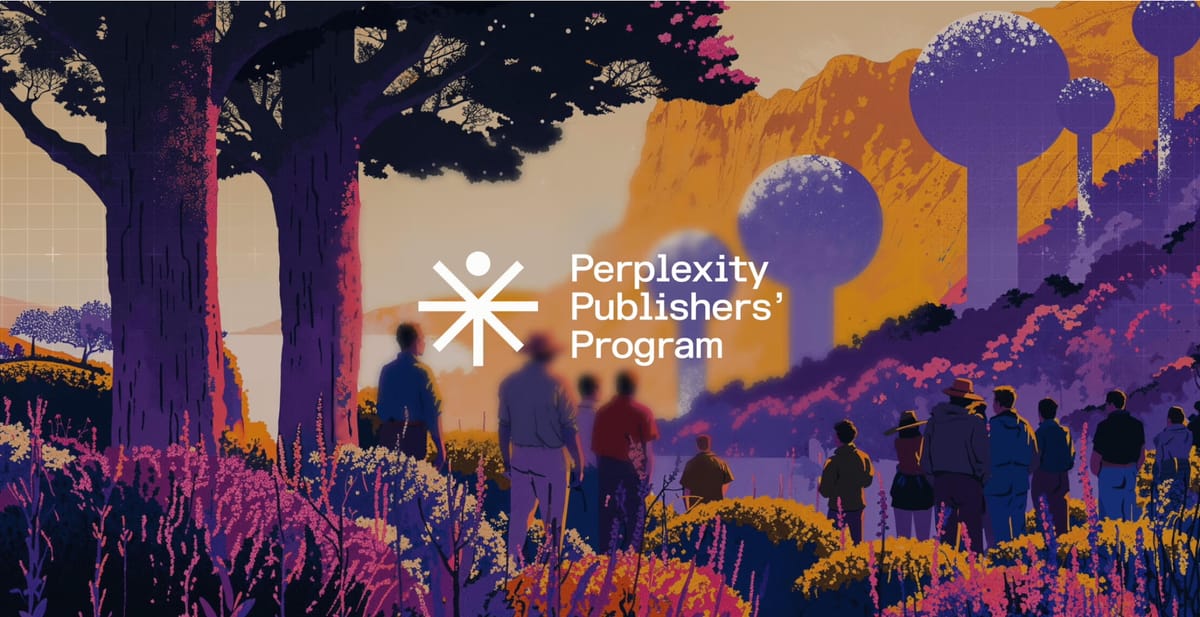
Perplexity AI is betting on a new business model that could redefine the relationship between AI search engines and content creators. The company announced Tuesday it will introduce ads to its platform and share the resulting revenue with publishers whose content it uses.
Here's how it will work: Perplexity will display sponsored follow-up questions below search results in its "Pages" feature. When a publisher's content is used to answer these sponsored questions, that publisher will receive a share of the ad revenue.
To sweeten the deal, Perplexity is also granting partners free access to its Online LLM APIs, enabling them to create custom answer engines for their own websites. Rather than traditional website search, imagine a more interactive experience where you can ask questions and receive answers based solely on that publisher's content. To top it off, Perplexity is offering its Enterprise Pro tier – with enhanced privacy and security features – free to all employees of partner publishers for one year.
This is a major change for Perplexity. Until now, the company has set itself apart by offering an ad-free experience. This move aligns it more closely with traditional search engines, but with a crucial difference: direct compensation for content creators.
It also appears to be different from OpenAI's approach to its recently announced SearchGPT. In their case, they are paying upfront to license content for training and access, and simply providing attribution links when content is cited in a response.
The timing is no coincidence. Perplexity's announcement comes on the heels of plagiarism accusations from Forbes and Wired, spotlighting the growing tension between AI companies and media outlets. Last week also saw OpenAI announce SearchGPT and Microsoft preview Bing's upcoming generative search experience. This new model appears to be both an olive branch to publishers and a strategic differentiation in an increasingly crowded AI search market.
Early adopters include heavy-hitters like Fortune, Time, and Der Spiegel. Perplexity's chief business officer, Dmitry Shevelenko, promises these partners a "double-digit percentage" of ad revenue. The company aims to onboard 30 publishers by year's end, an ambitious target that underscores the model's importance to Perplexity's future.
But the real test lies ahead. Can this model generate meaningful revenue for struggling publishers? Will it strike the right balance between user experience and monetization? And perhaps most critically, how will it impact the quality and diversity of information served to users?
As AI titans like Microsoft, OpenAI and Google watch closely, Perplexity's experiment could become a blueprint for the future of AI search monetization. Or it could be a cautionary tale.
What's clear is that this move represents more than just a business decision. It's a recognition of the value of quality content in the AI era and an attempt to create a sustainable ecosystem for both AI companies and content creators.

